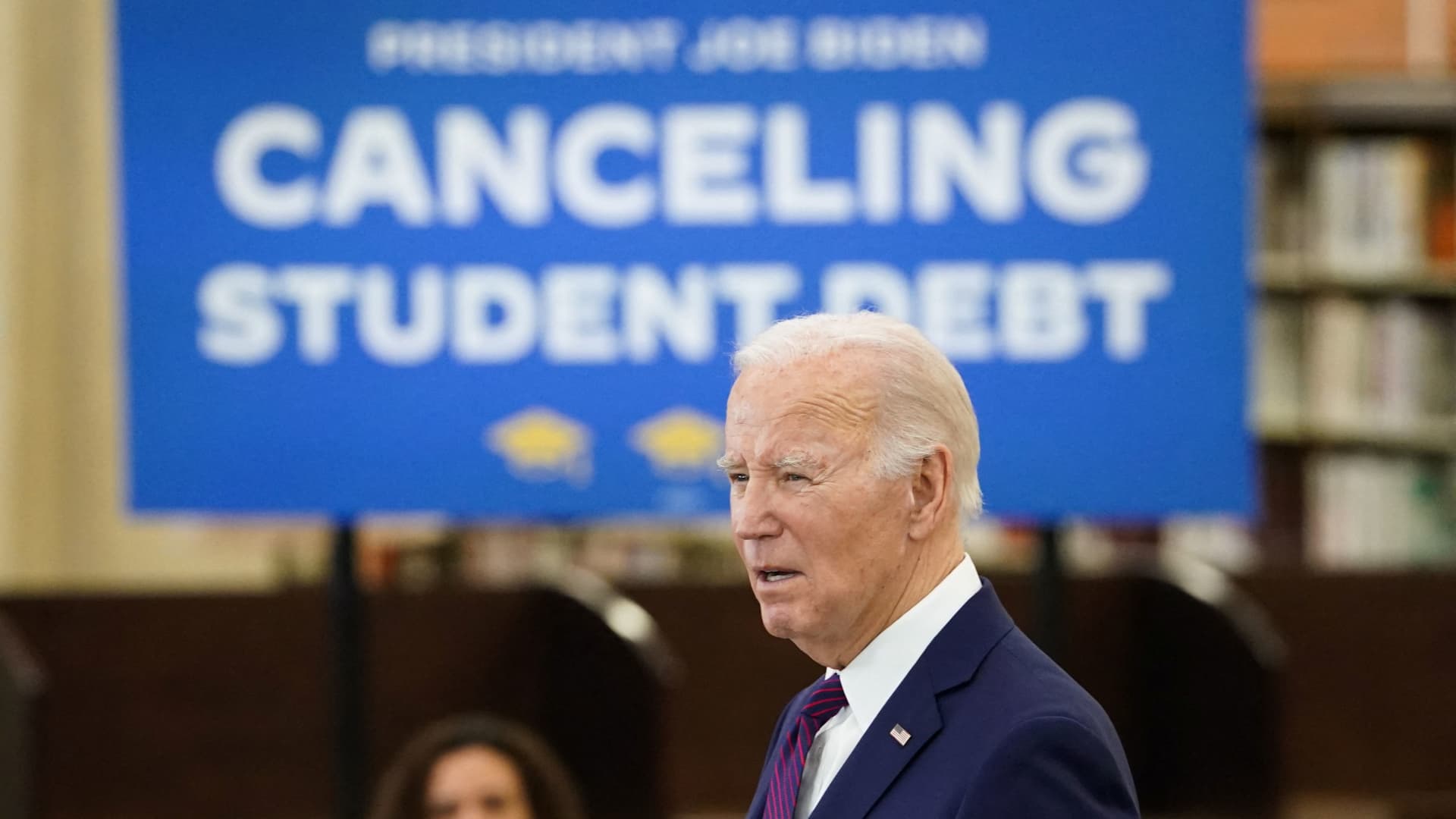Products You May Like
When Marlon Fox, a chiropractor in North Charleston, South Carolina, got his student debt forgiven last year, he was thrilled. His $119,500 balance was reset to zero.
But the good news didn’t end there. Just two months later, the U.S. Department of Education also refunded him $56,801.
The government is reviewing the accounts of borrowers who have been making payments on their federal student loans for a decade or more, in an effort to identify those eligible for forgiveness. The Education Department has a number of programs that lead to loan cancellation, but many borrowers have missed out on the relief because of confusing rules and lender mismanagement, advocates say.
So far, almost 3.9 million borrowers have gotten their education debt erased, totaling $138 billion in relief. As many as 300,000 people may be eligible for refunds, too, according to an estimate by higher education expert Mark Kantrowitz.
Here’s what to know.
Why are borrowers getting refunds?
Under the U.S. Department of Education’s income-driven repayment plans, student loan borrowers are entitled to get any of their remaining debt forgiven after 20 or 25 years. Yet many are stuck making payments long after that period.
“This is due, in part, to strong financial disincentives for student loan servicers to inform consumers about the program and their ability to qualify for it,” said Nadine Chabrier, a senior policy and litigation counsel at the Center for Responsible Lending.
The Education Department contracts with different companies to service its federal student loans, including Mohela, Nelnet and Edfinancial, and pays them more than $1 billion a year to do so. The companies earn a fee per borrower per month, which advocates say discourages transparency around loan forgiveness opportunities.
The service providers did not immediately respond to a request for comment.
More from Personal Finance:
New student loan payment plan may help borrowers become homeowners
Renters are most exposed to climate hazards in these two states
If you win a Super Bowl bet, the IRS is a ‘silent partner,’ expert says
Even when borrowers are enrolled in these plans, servicers sometimes fail to keep a record of their qualifying payments, experts say.
“Loan servicers were not tracking the number of qualifying payments, and the automatic forgiveness was not occurring,” Kantrowitz said. “As a result, some borrowers have been making payments for years, or even decades, beyond the point at which they should have received forgiveness.”
By the time Fox’s debt was canceled, he’d been in repayment for 35 years.
Scott Buchanan, executive director of the Student Loan Servicing Alliance, a trade group for federal student loan servicers, denied that the companies benefit by veering from the government’s orders.
“We are incentivized to meet the requirements that the government sets, which includes giving borrowers the benefits that the law provides,” Buchanan said. “We are audited, and get business or lose it based on meeting those standards.”
As the Biden administration reviews the number of payments borrowers have made under income-driven repayment plans, it is canceling the debt of those who’ve been in repayment for 20 or 25 years, said Persis Yu, deputy executive director at the Student Borrower Protection Center. (The timeline to forgiveness varies by plan.)
And it is also refunding borrowers for payments they made beyond when they were eligible for cancellation.
In some cases, borrowers who’ve pursued the Public Service Loan Forgiveness program are also receiving refunds after their debt cancellation.
PSLF, signed into law by then-President George W. Bush in 2007, allows nonprofit and government employees to have their federal student loans canceled after 10 years, or 120 payments. The program has been plagued by problems, however, making people who actually get the relief a rarity.
In 2021, Karen Tongson, a professor at the University of Southern California, got her debt forgiven and was refunded $20,000 by the Education Department.
By then, she had been paying her student loans for 16 years.
Don’t miss these stories from CNBC PRO:
- Warren Buffett’s Berkshire keeps new stock pick secret — again. Here’s what it means
- Michael Burry of ‘The Big Short’ fame buys Amazon, Alphabet and a dozen other new stocks
- Move over, Nvidia. There’s a new hot AI play that has soared 960% in the past year
- Morgan Stanley’s Slimmon names 3 stocks to buy right now: ‘It’s going to be a good year for equities’
- This little-known bank is offering one of the highest CD rates
